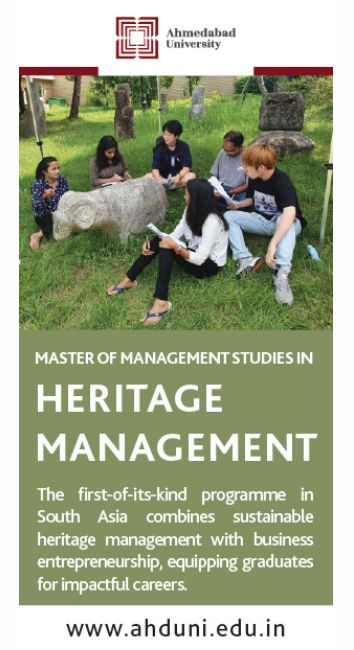India’s education system requires ideological changes, believes politician and psephologist Yogendra Yadav–”What our education system currently delivers is the principal mechanism through which inequalities are transferred from one generation to the other.”Find out why he believes that, while children should learn English, other subjects should be taught in the vernacular languages.
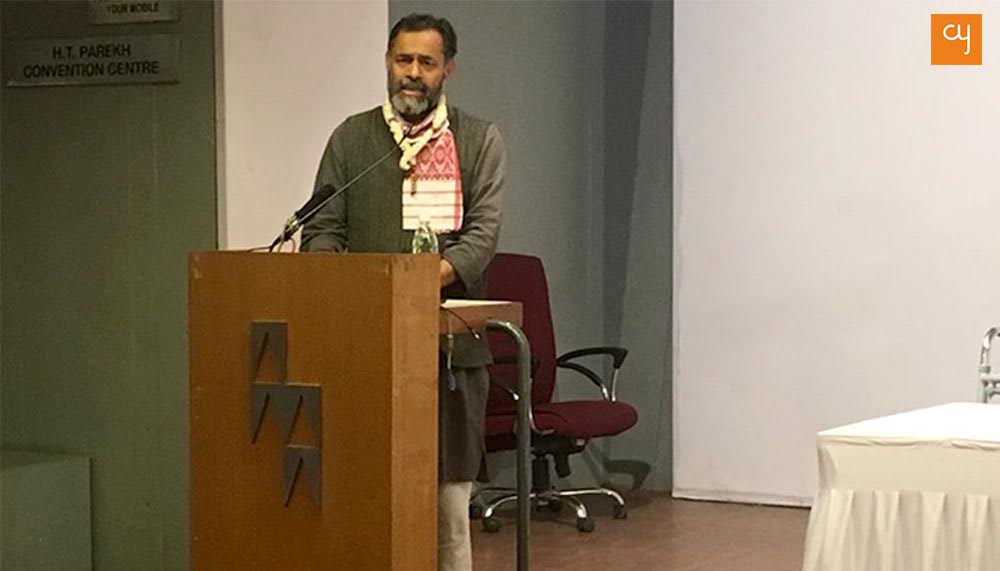
On the evening of December 30, 2018, the chairman of the Indian Society for Community Education, PJ Divatia, invited author, politician, psephologist and academic Yogendra Yadav to deliver the 19th Prof Ramlal Parikh Memorial Lecture in Ahmedabad. Last year, the enlightening lecture was delivered by veteran press personality Padma Shri Mrinal Pande on the topic, The Fall of the Newspaper. This time, the institution invited Yadav, a founding member of socio-political organisations like Swaraj Abhiyan and Jai Kisan Andolan, to discuss the Indianisation of Education.
Yadav, who has been honoured with the Global South Solidarity Award and the Malcolm Adiseshiah Award for Development Studies, and has formerly served as a member of the National Advisory Council on Right to Education Act, emphasised that the Indian education system should not adopt outdated Westernised tutoring models. He said,
“Education has to be deeply anchored in the local, in the real context. Knowledge and education have to be context-bound, and it is only when you deeply reflect on something which is contextual, which is here and now, that you (can) come up with some abstract principles. It is from the bottom upwards and never top down.”
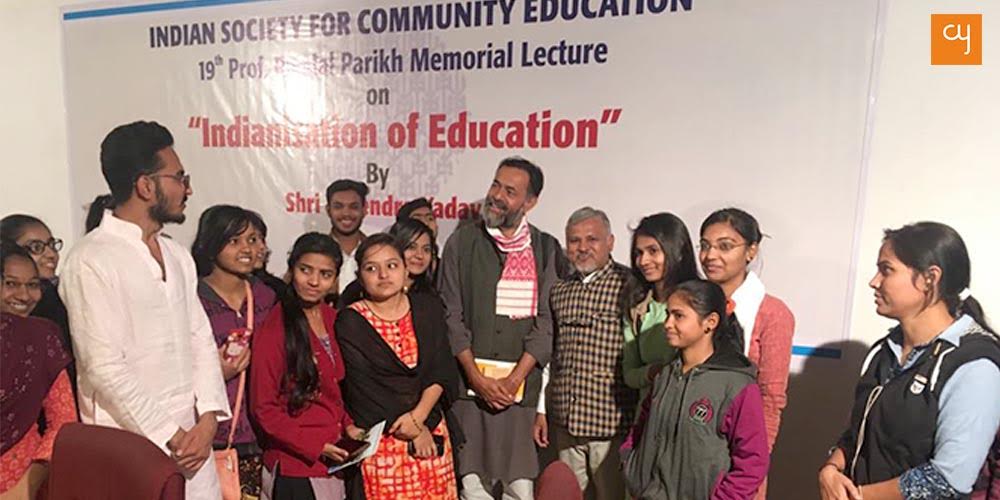
Yadav went on to add that, according to cognitive psychology, a child has to be taught in his/her mother tongue until the age of 5 years. He argued that, though children should learn English, in order for them to develop better understanding of the content of education, additional subjects taught in schools should not be taught in English but in the vernacular languages. According to an article in the Global Partnership for Education, it is said that children from the marginalised sector whose primary language is not the language of instruction in school are more likely to drop out or fail in early grades. Yadav added,
“What our education system currently delivers is the principal mechanism through which inequalities are transferred from one generation to the other most successfully, in the most effective way.”
Addressing the failure of the change of NCERT books, he drew attention to the magnitude of this problem, “The sheer non-seriousness of the debate on the Indianisation of education has struck me as one of the weakest aspects of our public culture. Even the proponents are not serious. Those who go about every day saying that the constitution is foreign, that the education is foreign and that we shall change it, they have not desired to change even a thing so far.”
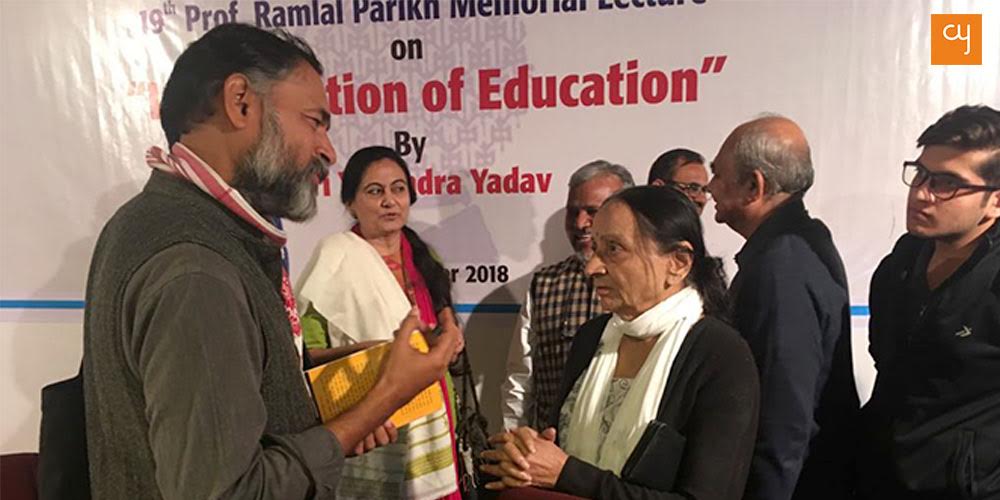
According to Yadav, rather than being concerned with the number of enrolments in institutions and the funds that go towards universities, the system should concentrate on the Indianisation of institutional infrastructures, on the pedagogy, on the integration of principles from cognitive psychology, on curriculum, and on the aims and objectives of education. Yadav concluded his lecture by proposing what he thinks these ideal aims and objectives of education should be–”Gyanyog (to know), Udyog (to do), Sahyog (to live) and Yog (to be).”
Prof. Raghuveer Chaudhari, a poet and writer who has been a Jnanpith Award recipient, shared the stage with Yogendra Yadav as the lecture concluded, appreciating Yadav’s overall discourse and mainly his thoughts on inculcating hands-on activities as part of the curricula in schools. Yadav remembered how he felt his education incomplete when he was taught about agriculture by sketching the diagrams of plough and tiller instead of practically experiencing them.
Yatra Archives

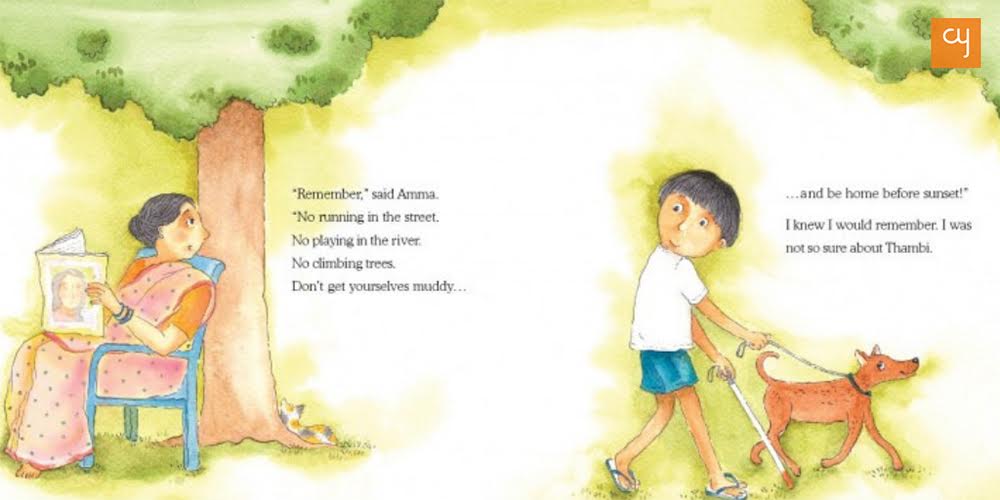 How Tulika Books is creating impact in children’s lives through picture books
Nandini Varma
How Tulika Books is creating impact in children’s lives through picture books
Nandini VarmaAug 21, 2019
A children’s book about a boy who feels like a girl. And about a child brought up by grandfathers. These are some of the stories published by Tulika Books, who have been making children’s picture books since 23 years. Little…
 Dalgona Coffee: A worldwide social media trend about home-made café experience
Harshil Shah
Dalgona Coffee: A worldwide social media trend about home-made café experience
Harshil ShahApr 2, 2020
While the lockdown has ignited various trends on social media, one that has received a major global following is #DalgonaCoffee. With thousands of posts on its name, here’s all you need to know about the Dalgona Coffee wave. I first…
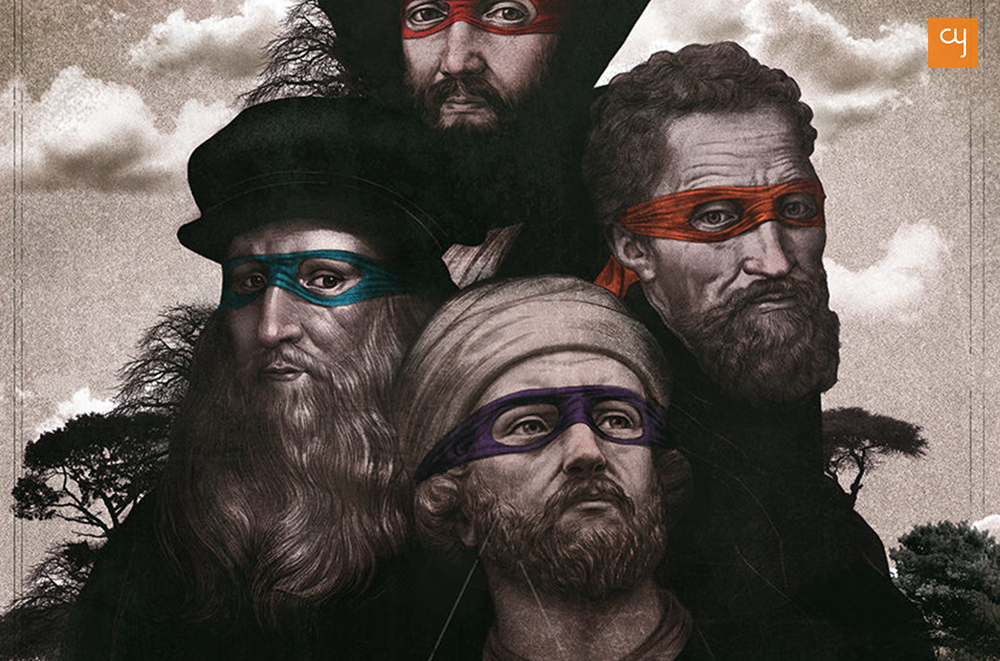 Leonardo, Michelangelo, Raphael and Donatello—Artists or Teenage Mutant Ninja Turtles characters?
Harshil Shah
Leonardo, Michelangelo, Raphael and Donatello—Artists or Teenage Mutant Ninja Turtles characters?
Harshil ShahNov 5, 2019
Did you ever wonder where the Teenage Mutant Ninja Turtles’ characters got their names from? Well, your search is complete. Here is a brief introduction of the artists from whom the creators of TMNT took inspiration. Teenage mutant ninja turtles,…
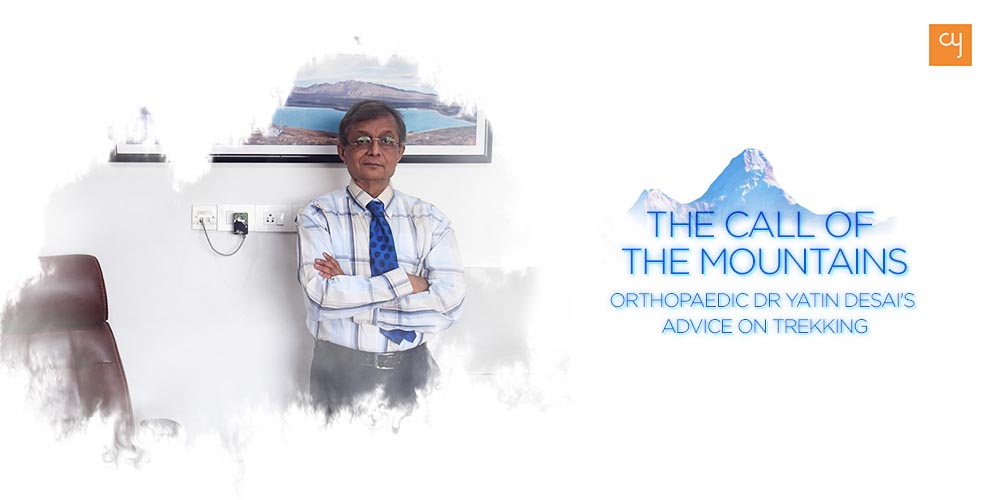 The call of the mountains: orthopaedic Dr Yatin Desai’s advice on trekking
Himanshu Nainani
The call of the mountains: orthopaedic Dr Yatin Desai’s advice on trekking
Himanshu NainaniMay 24, 2019
In this piece 64 year old Dr Yatin Desai, shares with CY his inspiring story of how to scale towering mountains with utmost ease and how this life adventure activity can shape human character and health. Chances are high that…


